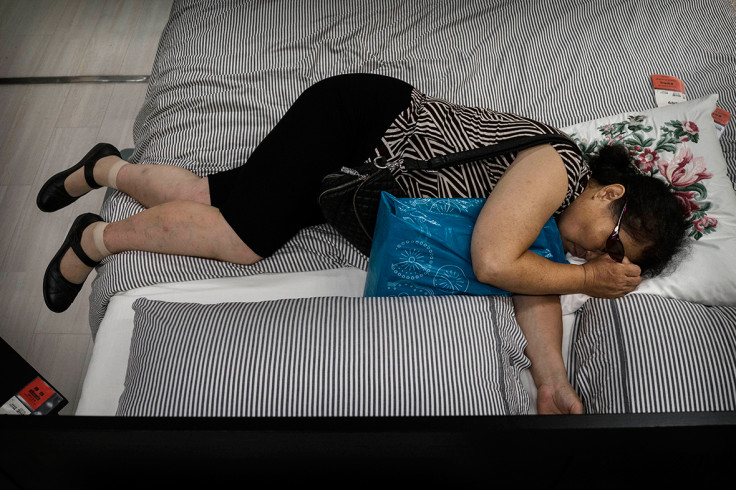Diabetes and obesity risks increase from lack of sleep

Lack of sleep could put a person at risk of obesity and type 2 diabetes, a study confirms.
This has been suggested in earlier studies too. However, the new study focuses on how people often tend to sleep less on weekdays and catch up during weekends.
This difference in sleep hours on weekdays and weekends has significant health impact.
It calls for incorporating sleep into lifestyle interventions for a healthy life.
Working in shifts can put people into a pre-diabetic state, said the study, as the disrupted body clock affects the hormonal functions in the body and can lead to many problems.
The sleeping habits of 522 people were studied to arrive at the findings which also suggest increasing sleep could help patients.
The study, by a team at the University of Bristol in the UK and Weill Cornell Medical College in Qatar, assessed "sleep debt" - a measure of the difference in the nightly hours asleep on weekdays and at the weekend.
"We found that as little as 30 minutes a day sleep debt can have significant effects on obesity and insulin resistance," said Prof Shahrad Taheri from Weill Cornell.
Diabetes can lead to blindness, increase the risk of heart attacks and strokes, as well as damaging nerves and blood vessels often requiring foot amputations, reports BBC.
Dr Denise Robertson, a senior lecturer from the University of Surrey, said: "This work is interesting and consistent with prospective data found in healthy individuals without type 2 diabetes.
"However... we need the next tier of evidence.
"To date there have been no randomised controlled trials where sleep debt is addressed and a metabolic benefit is observed. However, the potential for such interventions to impact on health is great."
The study was funded by the UK's Department of Health.
A Mexico university study had concluded that poor sleep causes weight gain because the brain sends signals that generate an increase in appetite and the need to consume carbohydrates.
While the number of hours required by each person varies, the quality of sleep is important, said the researchers.
© Copyright IBTimes 2025. All rights reserved.





















